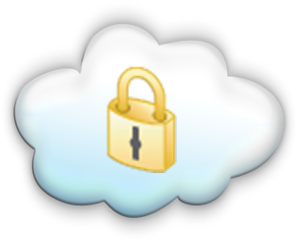 A recent report by UK publication The Guardian has revealed that the National Security Agency has a top secret program called PRISM, which gives them unbridled access to the systems of Facebook, Google, Apple, and other Internet giants from the US. The Guardian managed to verify the authenticity of the document, which consists of a 41-slide PowerPoint presentation that is classified with no distribution to foreign allies. The document The document claims to have the capability to do “collection directly from the servers” of major US service providers.
A recent report by UK publication The Guardian has revealed that the National Security Agency has a top secret program called PRISM, which gives them unbridled access to the systems of Facebook, Google, Apple, and other Internet giants from the US. The Guardian managed to verify the authenticity of the document, which consists of a 41-slide PowerPoint presentation that is classified with no distribution to foreign allies. The document The document claims to have the capability to do “collection directly from the servers” of major US service providers.
Google has already released a public statement clarifying that their services have no backdoor, and that they disclose user data to government only in accordance with the law, and that all such requests are reviewed carefully. They denied rumors and speculations that they have a special “back door” into the system built specifically for government use.
Apple, on the other hand, claimed that they had “never heard” of Prism.
Prism’s Effect on the Cloud
One of the biggest and most disruptive effects of Prism on the Cloud concerns privacy, security, and how people perceive it. Many experts predict that it could very well lead a lot of people – industry professionals and end users alike to rethink their stances on privacy via the cloud.
For the cloud providers, it is theorized that majority of them will start to favor more encryption, in order to protect their users from any attempts by the government to snoop around. Because if they completely lose the trust of consumers – which are a very paranoid lot – their business model falls, or at least get reduced into untenable levels.
Cloud Providers’ Reactions
It is understandable that a lot of cloud providers will downplay the effect Prism, after all, they stand to lose a lot when their consumers are no longer willing to use their cloud out of fear of their privacy being violated, despite the fact that majority of them don’t really have anything to fear or hide from the government.
Most providers will probably create new safety measures that help protect their users from snooping, but there are those who will just give up and resort to educating their users on what to put (and what not to put) on the cloud. Basically, the idea is that you no longer save things that you don’t want the government to see on cloud storage, which a lot of people who know what they are doing already do so by default.